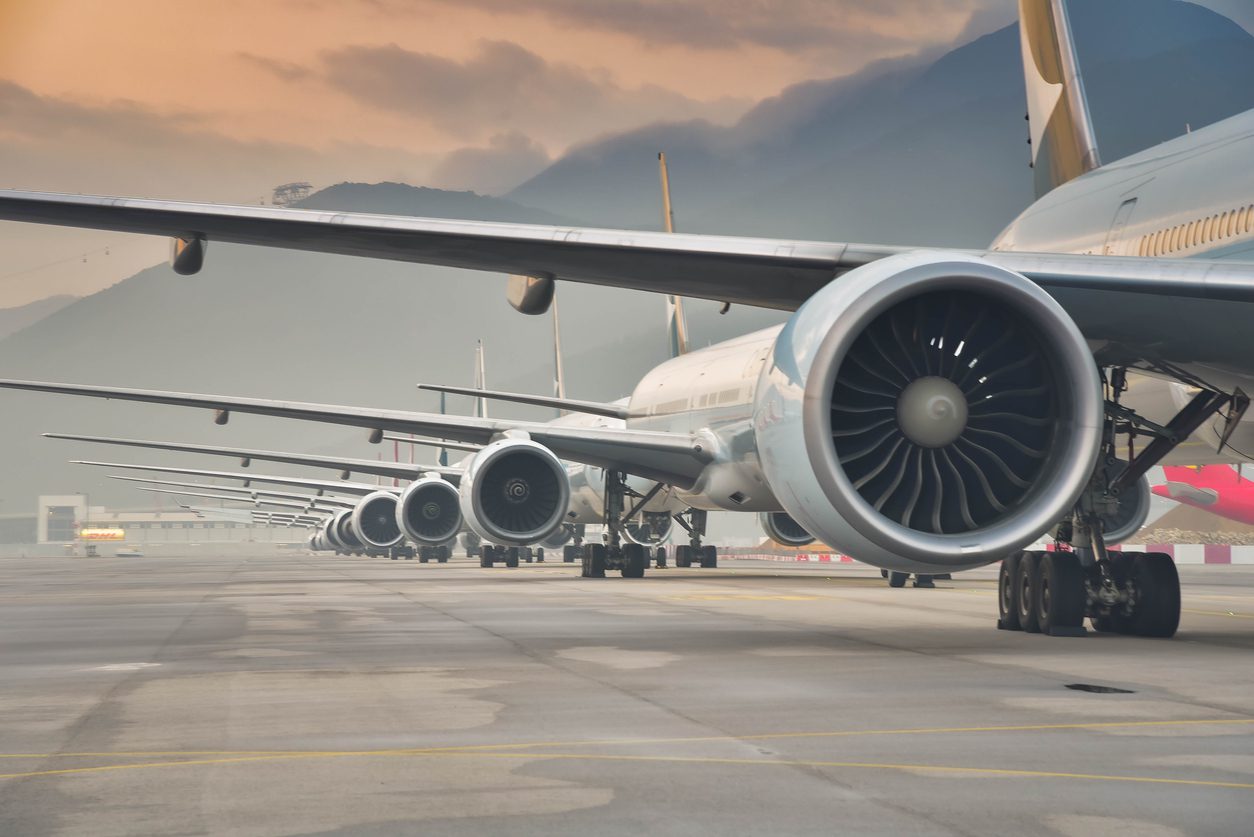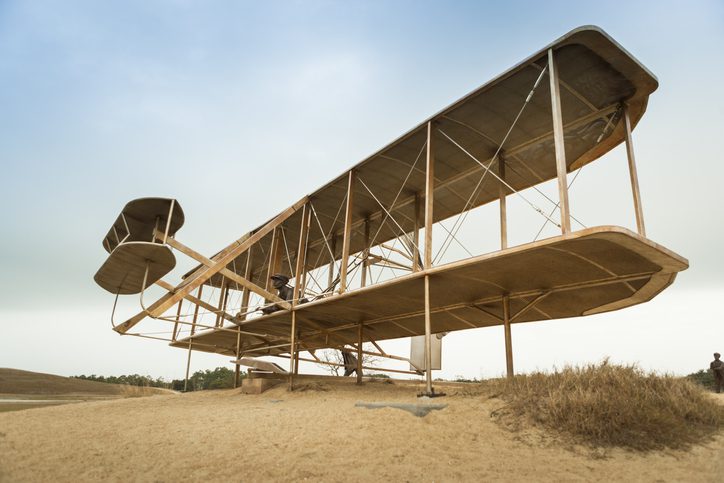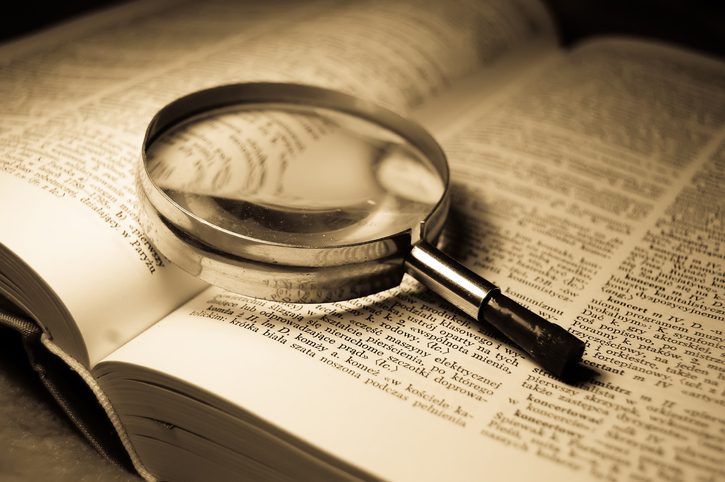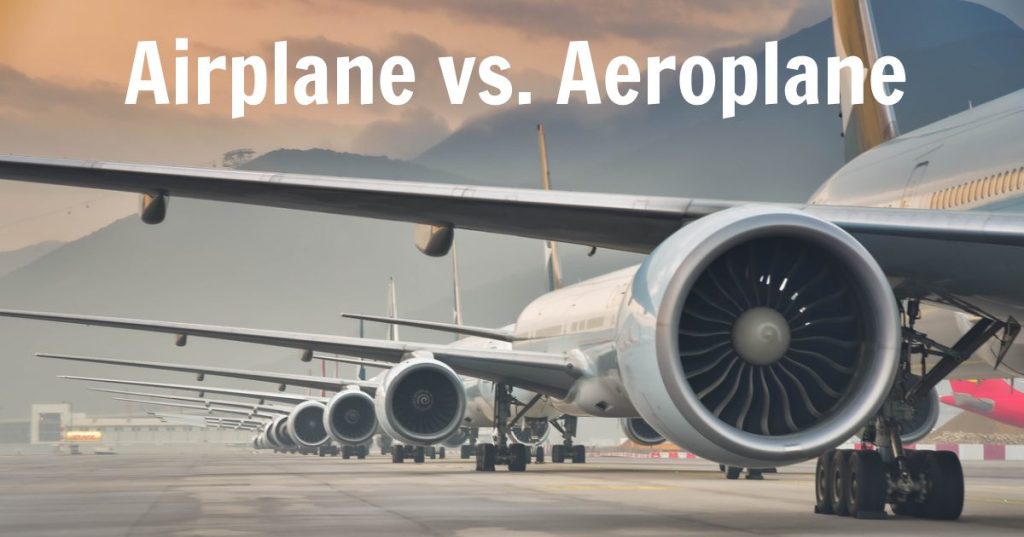I’ve noticed this spelling alteration from time to time, but always assumed that perhaps it was a British or European alternative. It’s fun to say with the extra syllable, don’t you think?
It turns out there’s a bit more to it than a simple language variation, though, so let’s learn a little bit more, shall we?

Image Credit: iStock
Technically, both spellings are accurate and they both mean the same thing, but as most British words come directly from the French, American English is a derivation of British English, according to author Lynne Murphy.
“British English has a general tendency to favo(u)r spellings and words that are reminiscent of French, whereas American English, when it has deviated from what British English does, often changes in the direction of seeming less French.
“Airplane” is derived from the French word for “plane,” which simply referred to a geometrical plane (flat surface) that then became the name for flat parts of flying machines that allow them to fly.
“Aeroplane,” though comes from an older French word, “aero,” which means “air” and the Greek word “planos,” which means “wandering.”
The word “airplane” actually postdates the first flight of the Wright Brothers, who took to the air in a “flying machine” – it wasn’t in use until 1906.

Image Credit: iStock
Murphy says that, as with a lot of things, politics influenced which word is more popular today.
“We’re comfortable with ‘aero’ in scientific jargon, but as planes became more common things to talk about, the ‘aero’ seemed too fancy. In Scientific American in 1906, there was already a claim that ‘airplane’ is a much better word than aeroplane. It is as good etymologically, and much better when it is spoken.’ Ten years later, ‘airplane’ was adopted by the National Advisory Committee for Aeronautics as their term. It was considered by the BBC in the United Kingdom, but that proposal didn’t go anywhere.”
Murphy says that the Webster Dictionary also played a role in the spelling of this and many other popular words.
“Choosing the less ‘fancy’ spelling was something that Noah Webster, America’s first important lexicographer, did as a patriotic act: trying to make an English spelling system that was truer to English pronunciation, and trying to promote a standard that would bring the disparate colonies together.”

Image Credit: iStock
She and others think that some people continue to spell and pronounce words differently as a matter of pride – people are proud of where they’re from, and so they want to harken back to those roots in how they speak and write, as well.
Are you surprised by how different the origins of these words actually are? Give us all of your thoughts on the matter down in the comments!

